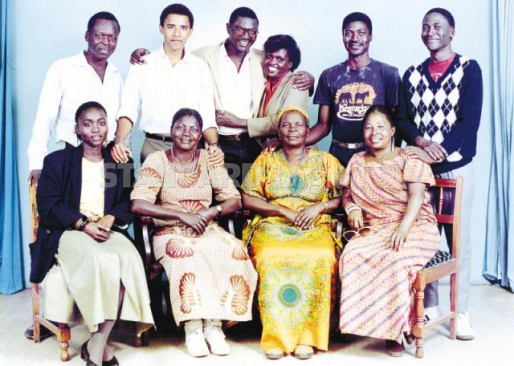×
The Standard e-Paper
Home To Bold Columnists

During one of his early visits, Barack Obama found himself huddled amid 15 or so people, in a congested sitting room in Nairobi’s Kariokor Estate, “all of them smiling and waving like a crowd at a parade”.